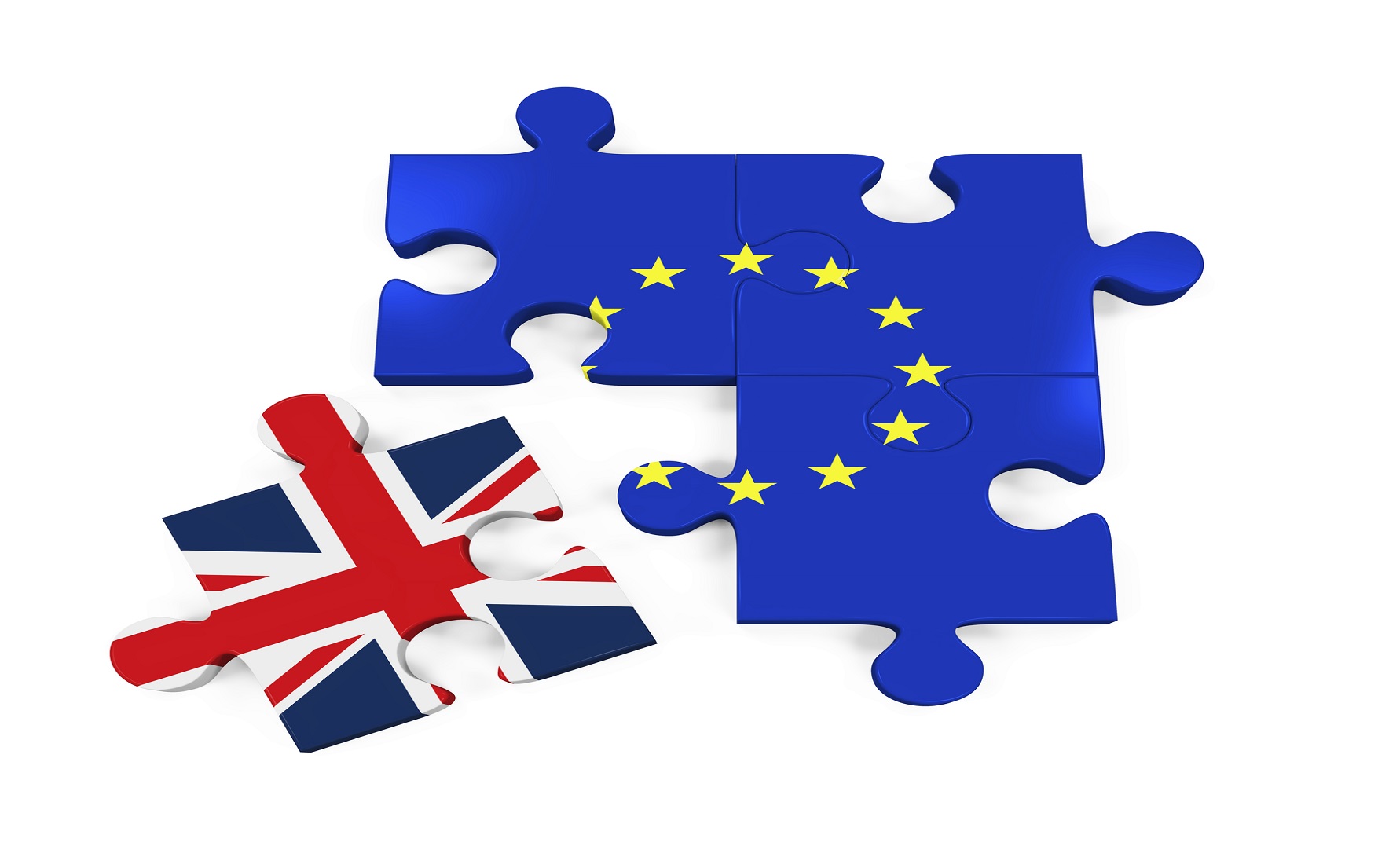
This is our first article written by our German contributor. She writes about her perspective of Brexit.
Journalism has given me the opportunity to cross Europe and the United Kingdom which has provided insights regarding some of the differences between the UK and other European economies. I'm a private person, but my job has pushed me outside of my comfort zone by challenging me to relate, interview, and transact business with people of different backgrounds. I was schooled in the United Kingdom, and following graduation, moved to Germany. I have been living here with my family for over eight years. I'm happily married with two children; my son is four and my daughter is six. After working in a reputable publishing firm for seven years, I decided to venture into business. My passion for writing is so strong that I can hardly go a day without writing a new piece. Freelance writing enables me to spend more time with my family while fulfilling my passion.
Germany has the largest economy in Europe and the fourth largest economy in the world. In 2015, its GDP equaled $3.36 trillion (World Bank). It has a comparative advantage in producing cars and complex machinery. In 2014, primary German exports included cars (18% of exports), machinery and equipment (17%), and electrical products (10%). (See Comparative Advantage and Specialization.) Many businesses in Germany, especially car manufacturers, have excelled due to an economic environment that promotes businesses and entrepreneurs by providing them with many opportunities.
Germany's large domestic market and easy access to the 28 countries making up the European Union (27 after the UK leaves) has really boosted my business. As the leading economy in Europe, it attracts many investors. Business people travel to Germany regularly for business. The majority of my customers are immigrants who have moved to Germany to start a business, or foreign companies that want to take advantage of the German market. I'm sure I wouldn't have these opportunities if the German economy was unwelcoming to businesses. I estimate that Germany's business friendly environment has generated 90 % of my business.
Despite the strength of the German economy and its openness to trade, I am concerned Brexit will adversely impact my business. Before "Brexit", the United Kingdom was part of the European Union, and I benefited from personal relationships I built in the UK that were fostered by the European Union. Following "Brexit," I believe business trade with the UK will decline because the two parties may fail to renegotiate favorable trade agreements. Fortunately, Brexit has not had a tangible effect on my business yet. I attribute it to my field. In fact, the questions and controversy surrounding Brexit have given me the opportunity to write more stories (like this one). As a journalist and former resident of the UK, I am able to write stories about Brexit from multiple perspectives. Most of the business people I know have told me that their businesses have also remained the same since the UK's vote to leave the EU. Initially, there were fears of the unknown. Clearly trade agreements will need to be negotiated as part of the settlement.
I believe Brexit will ultimately have a minimal impact on Germany's economy. The German economy is strong and resilient, and will continue to attract investors. A new trade deal will eventually be negotiated. Businesses that entered the EU through the UK may now want to establish a major presence in Germany to conduct business in the EU. For example, London now acts as the financial center for the European Union. German banks may seize this opportunity. In 2014, Germany exported $100 billion to the UK. This equaled 7.1% of all German exports, or 2.6% of its GDP. (The Observatory of Economic Complexity has a great interactive exercise to help students understand trade relationships between nations.) Of course, trade with the UK may suffer some, but residents in the UK will still want to buy German cars.
Brexit will provide opportunities for other countries as well. Germany imported $46.5 billion from the UK in 2014. More restricted trade barriers will probably reduce this figure. Each country remaining in the EU will be in a better position to compete with UK companies for the same goods or services. Prices of goods and services provided by companies in the UK may increase if import tariffs are charged, but the bottom line is Germany will continue to be the strongest economy in Europe. My business should continue to prosper!